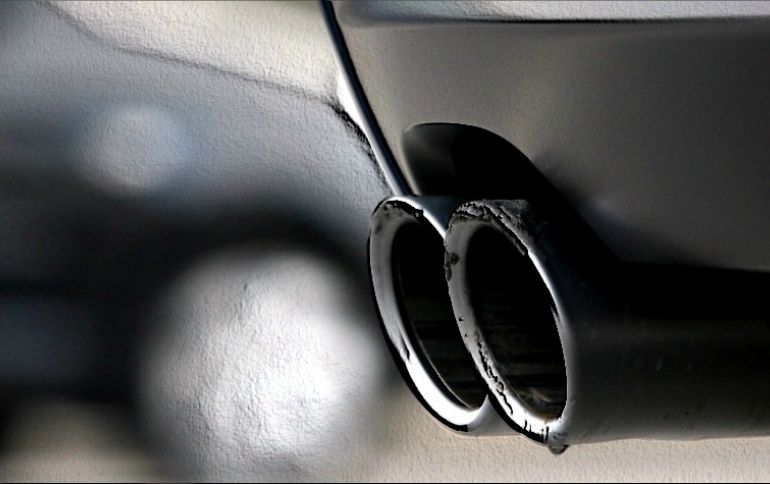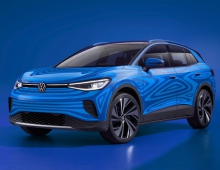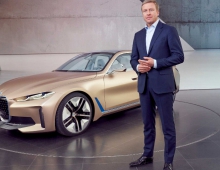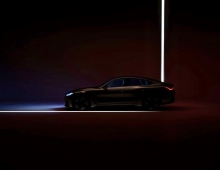
Europe Accuses BMW, Daimler and VW for Restricting Competition on Emission Cleaning Technology
The European Commission has informed BMW, Daimler and VW (Volkswagen, Audi, Porsche) of its preliminary view that they have breached EU antitrust rules from 2006 to 2014 by colluding to restrict competition on the development of technology to clean the emissions of petrol and diesel passenger cars.
Commissioner Margrethe Vestager in charge of competition policy said: "Companies can cooperate in many ways to improve the quality of their products. However, EU competition rules do not allow them to collude on exactly the opposite: not to improve their products, not to compete on quality. We are concerned that this is what happened in this case and that Daimler, VW and BMW may have broken EU competition rules. As a result, European consumers may have been denied the opportunity to buy cars with the best available technology. The three car manufacturers now have the opportunity to respond to our findings."
The Commission's preliminary view is that BMW, Daimler and VW participated in a collusive scheme, in breach of EU competition rules, to limit the development and roll-out of emission cleaning technology for new diesel and petrol passenger cars sold in the European Economic Area (EEA). This collusion occurred in the framework of the car manufacturers' so-called “circle of five” technical meetings.
In particular, the Commission has concerns regarding the following technologies:
- Selective catalytic reduction ('SCR') systems to reduce harmful nitrogen oxides (NOx) emissions of diesel passenger cars through the injection of urea (also called “AdBlue”) in the exhaust gas stream. In the Commission's preliminary view, BMW, Daimler and VW coordinated their AdBlue dosing strategies, AdBlue tank size and refill ranges between 2006 and 2014 with the common understanding that they thereby limited AdBlue-consumption and exhaust gas cleaning effectiveness.
- 'Otto' particle filters ('OPF') to reduce harmful particle emissions from the exhaust gases of petrol passenger cars with direct injection. In the Commission's preliminary view, BMW, Daimler and VW coordinated to avoid, or at least to delay, the introduction of OPF in their new (direct injection) petrol passenger car models between 2009 and 2014, and to remove uncertainty about their future market conduct.
The Commission's preliminary view is that the car manufacturers' behaviour aimed at restricting competition on innovation for these two emission cleaning systems and in doing so, denied consumers the opportunity to buy less polluting cars, despite the technology being available to the manufacturers.
Such market behaviour, if confirmed, whilst not entailing price fixing or market sharing, would violate EU competition rules prohibiting cartel agreements to limit or control production, markets or technical development.





















